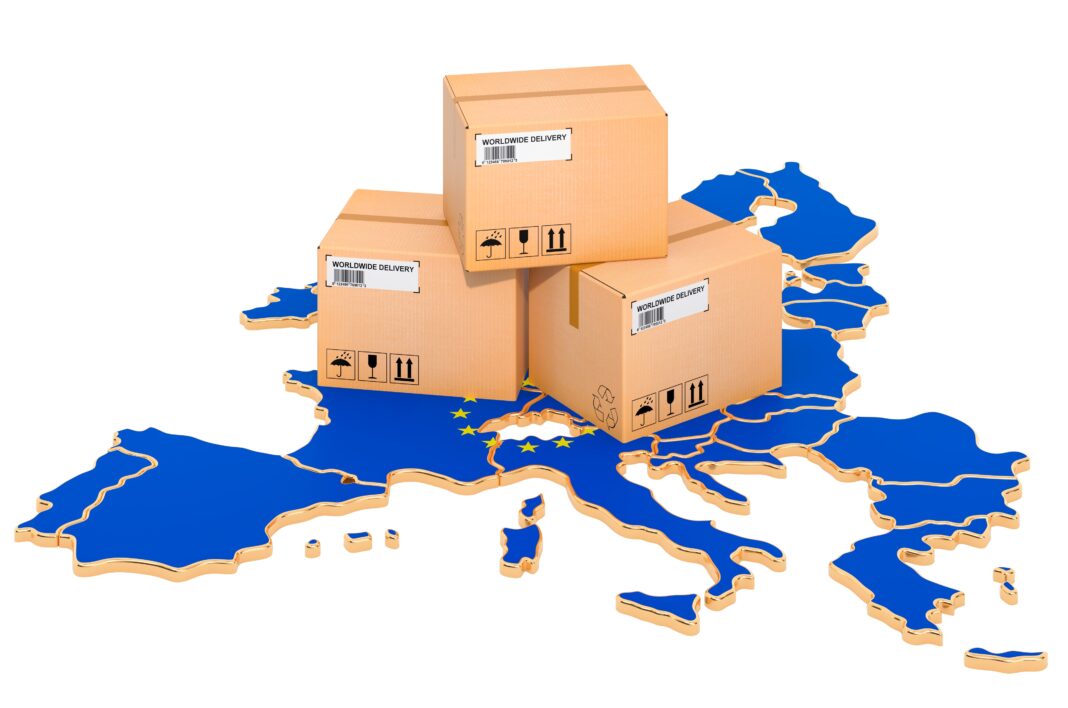EUDR is an EU regulation that lays down rules regarding the placing and making available on the EU market, as well as the export from the EU, of a category of products to reduce the EU’s contribution to global deforestation, greenhouse gas emissions, and global biodiversity loss.
However, even the EUDR, as an EU regulation, must comply with EU law, and regarding this aspect, the EUDR faces several legal issues.
Under the Treaty on the Functioning of the European Union (TFEU), Article 191, paragraph 2 states that EU policy on the environment “shall be based on the precautionary principle and on the principles that preventive action should be taken, that environmental damage should as a priority be rectified at source, and that the polluter should pay.”
The EUDR does not regulate preventive actions to protect forests before environmental damage occurs. And we should recognise that those who are involved in deforestation can be considered polluters, because their action can lead to soil degradation, increased greenhouse gas emissions, loss of biodiversity, disruption of hydrological cycles.
The EUDR imposes a double standard.
On the one hand, the EU imposes a requirement for companies to place goods on the market with zero risk related to deforestation under EUDR. On the other hand, the EU does not impose a similar zero-risk standard for EU states when they collect taxes on transactions involving products and commodities to check if the money they collect is linked or not to deforestation according to EUDR rules and to collect taxes just from transaction that are not are linked to deforestation.
The EUDR is introducing significant uncertainty into the EU market due to the excessive bureaucracy it imposes on relevant commodities and products. This is contrary to the principle of legal certainty, and continuous due diligence required for goods that are already on the market can be seen as probation diabolical, which is illegal.
EU must ensure the competitiveness of its industry, according to TFEU, but the immense bureaucracy introduced by the EUDR is making the EU industry less competitive by slowing down production and increasing the cost of finished products.
By requiring the communication of operational data to other private companies, trade secrecy is significantly compromised because powerful companies easily obtain the contact details of suppliers and forest locations by purchasing products from these companies.
Larger companies can easily buy directly from the source, disrupting distribution channels. Distributors, which are essential to any sales channel, would not be encouraged to sell goods because they would risk being eliminated from the market.
The EUDR violates EU law by splitting the single market into multiple markets and classifying EU countries into risk categories, such as high, standard, and low-risk countries.
Furthermore, EUDR introduces a risk of exclusion for companies that comply with the law but operate from EU member states, which is classified as high risk.
These innocent companies may unfairly bear a stigma simply because they are located in an EU country deemed high risk under EUDR.
In conclusion, EUDR needs to be replaced with a new regulation that aligns with the Treaty on the Functioning of the European Union, which states that EU policy on the environment “shall be based on the precautionary principle and on the principles that preventive action should be taken, that environmental damage should as a priority be rectified at source and that the polluter should pay.”
Please note: This article was provided exclusively to Wood Central and is an extract from a larger article published in a Romanian legal magazine by Legal Consultant Vasile Ianovici. Wood Central does not take an editorial stance on the EUDR; however, from time to time, it will post articles in the public interest, which will be fact-checked before posting.






